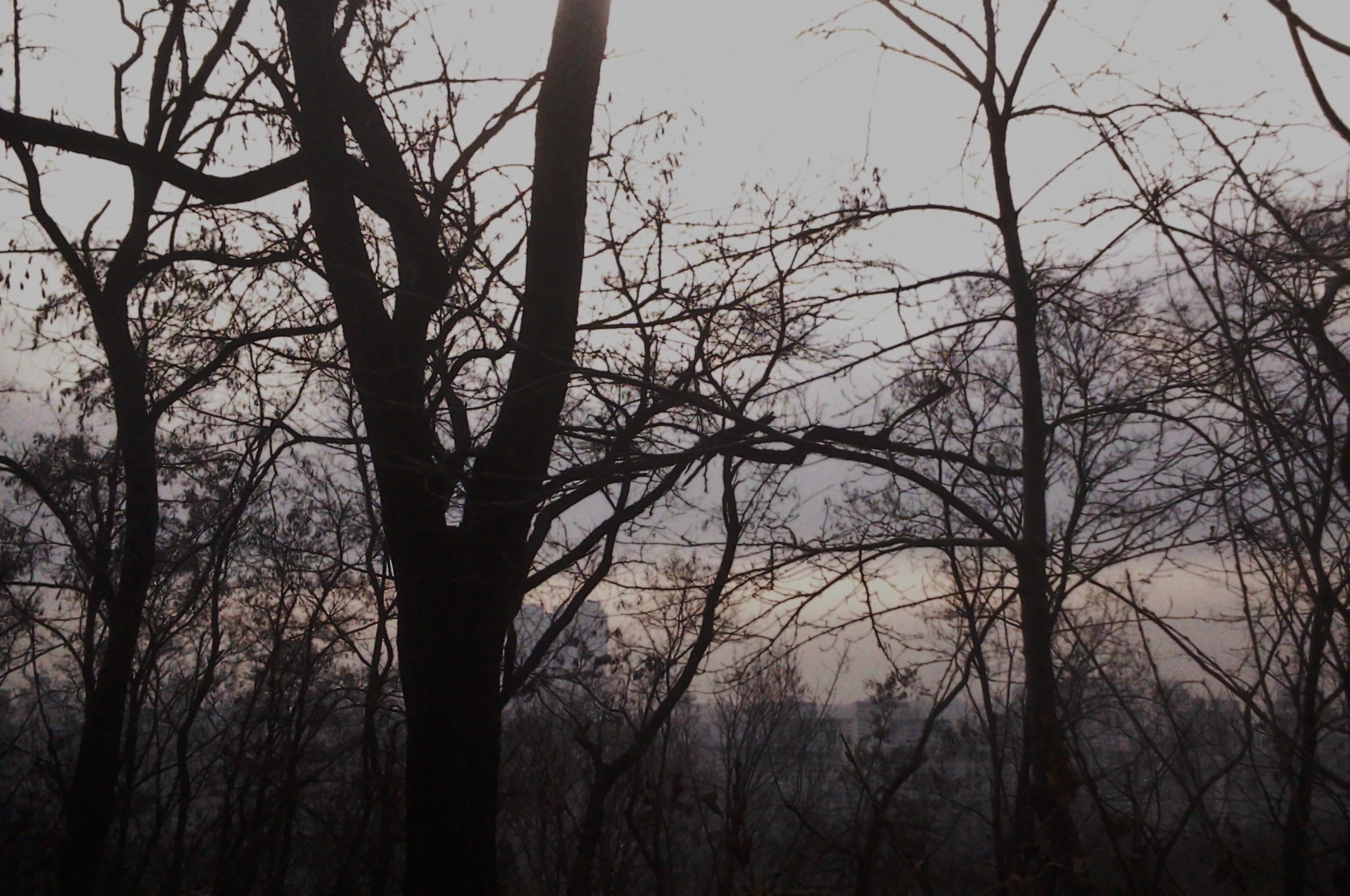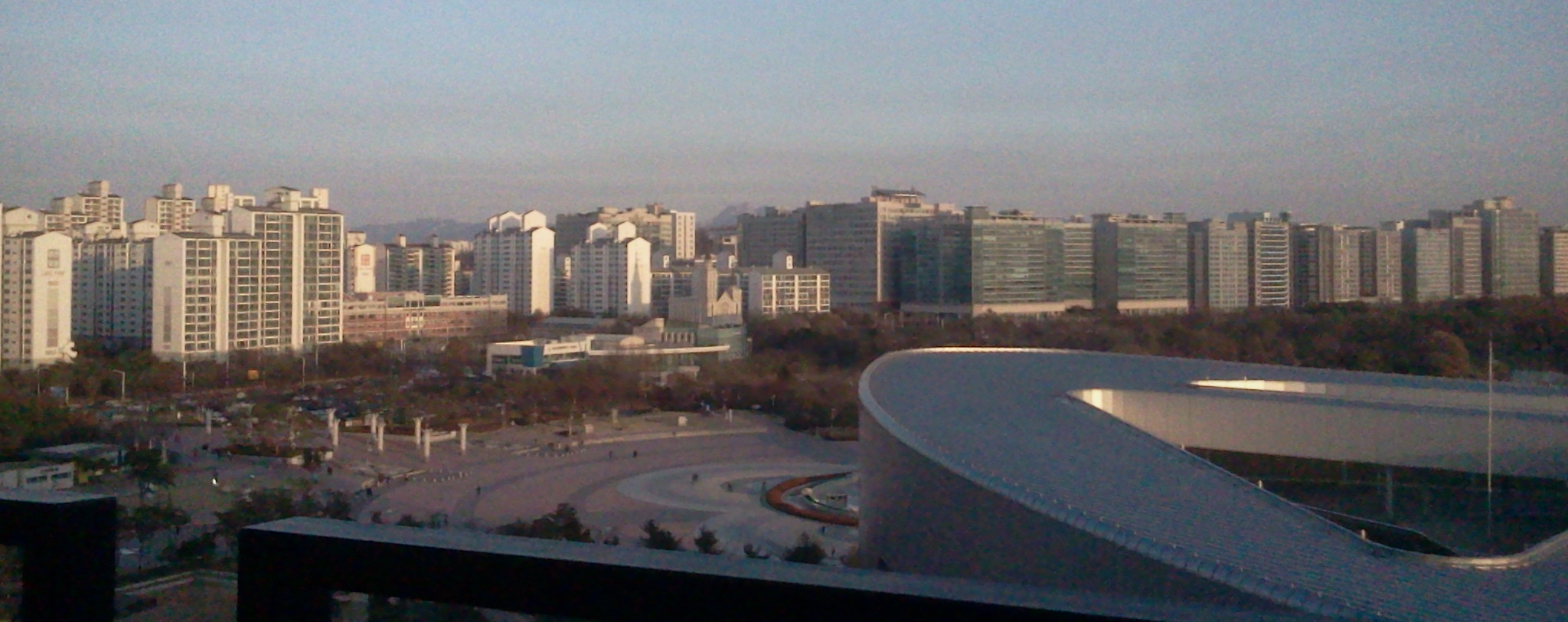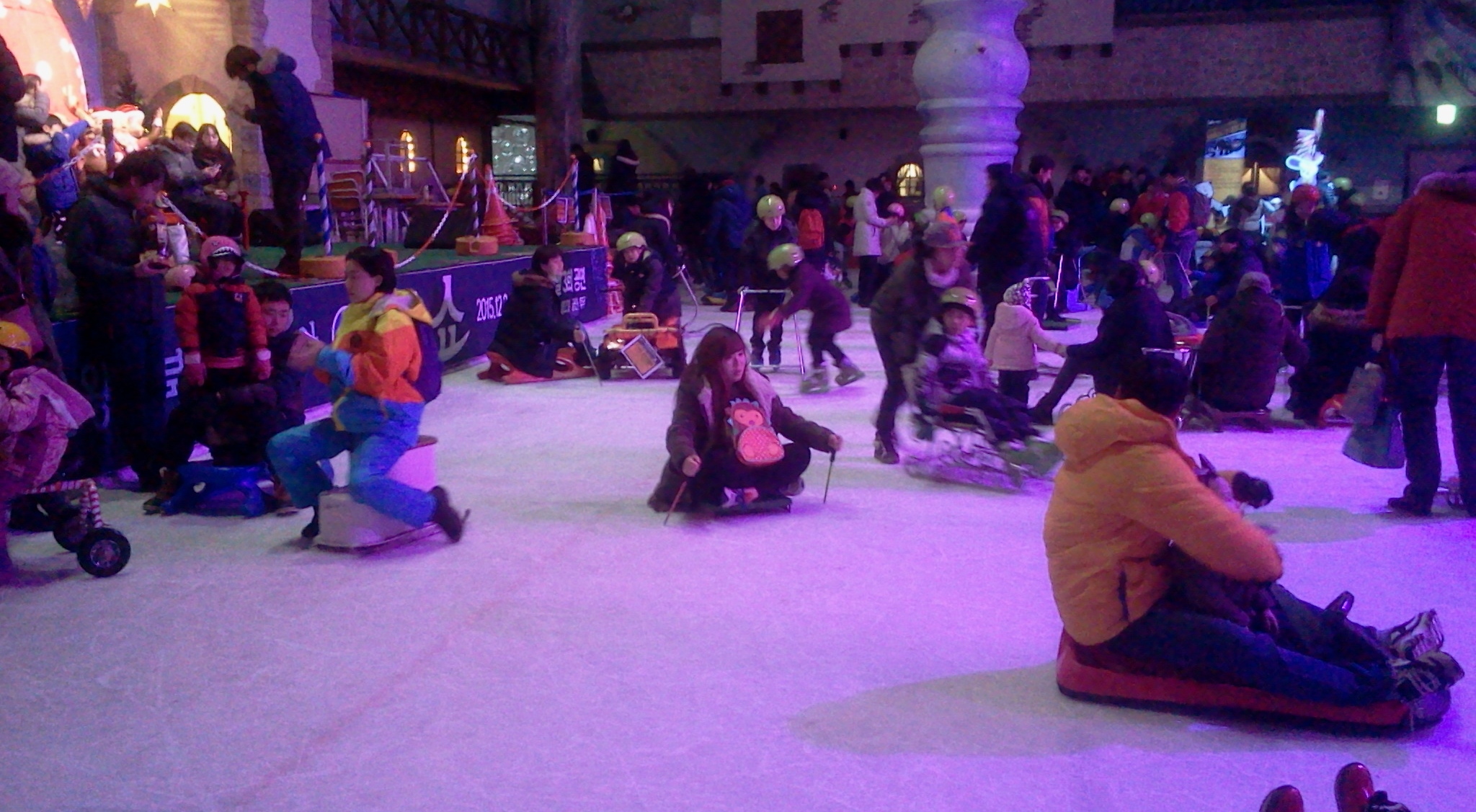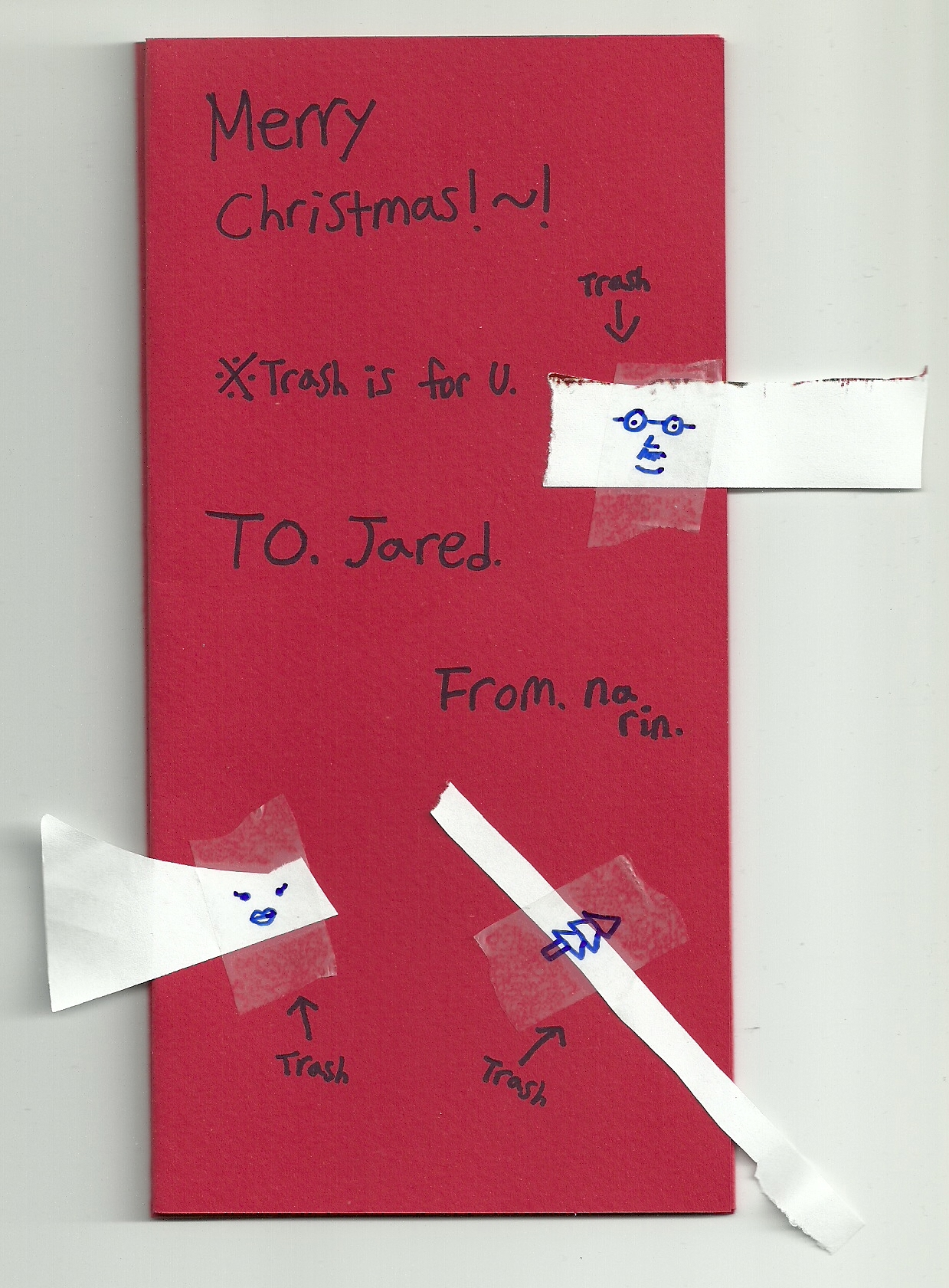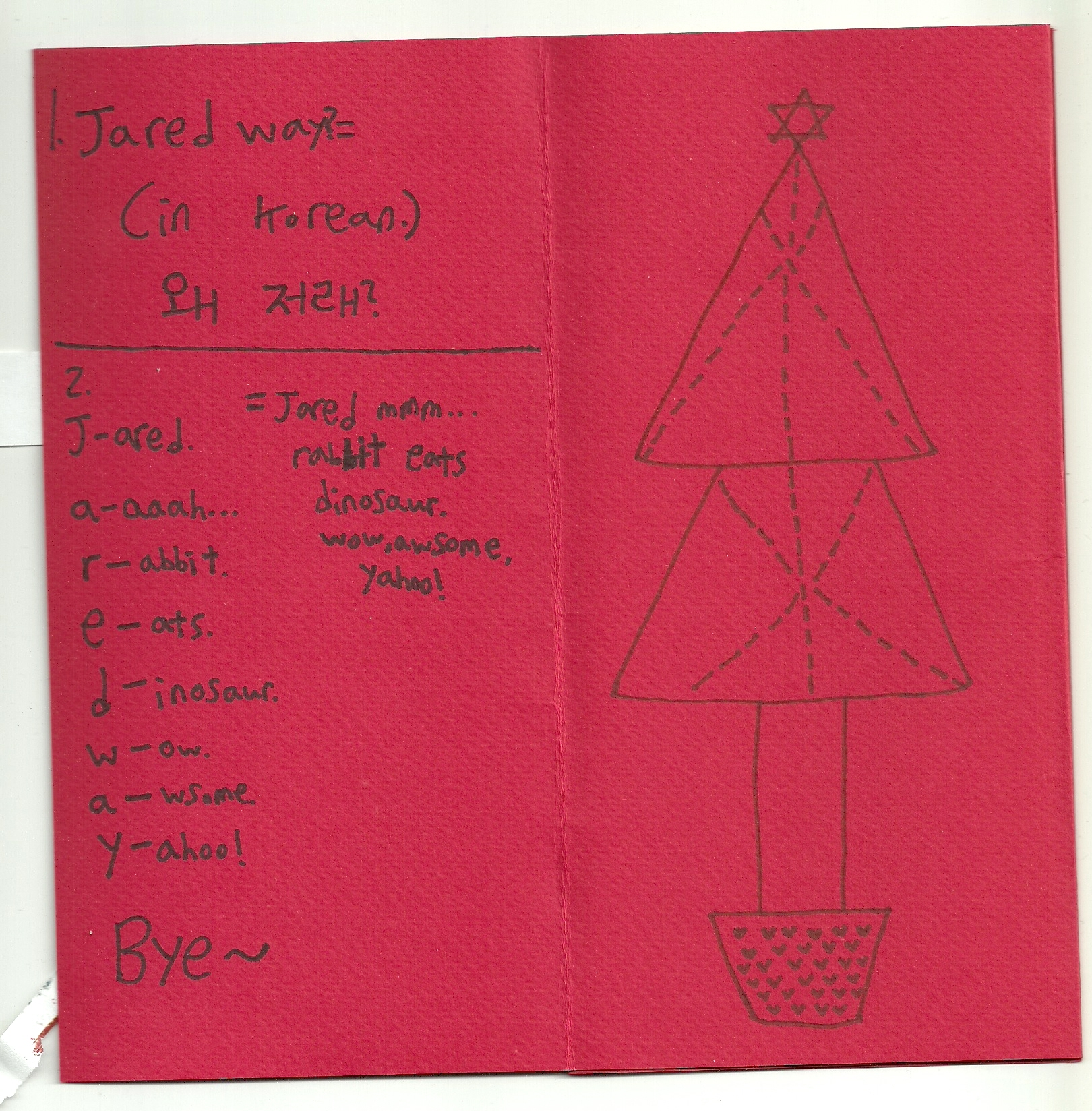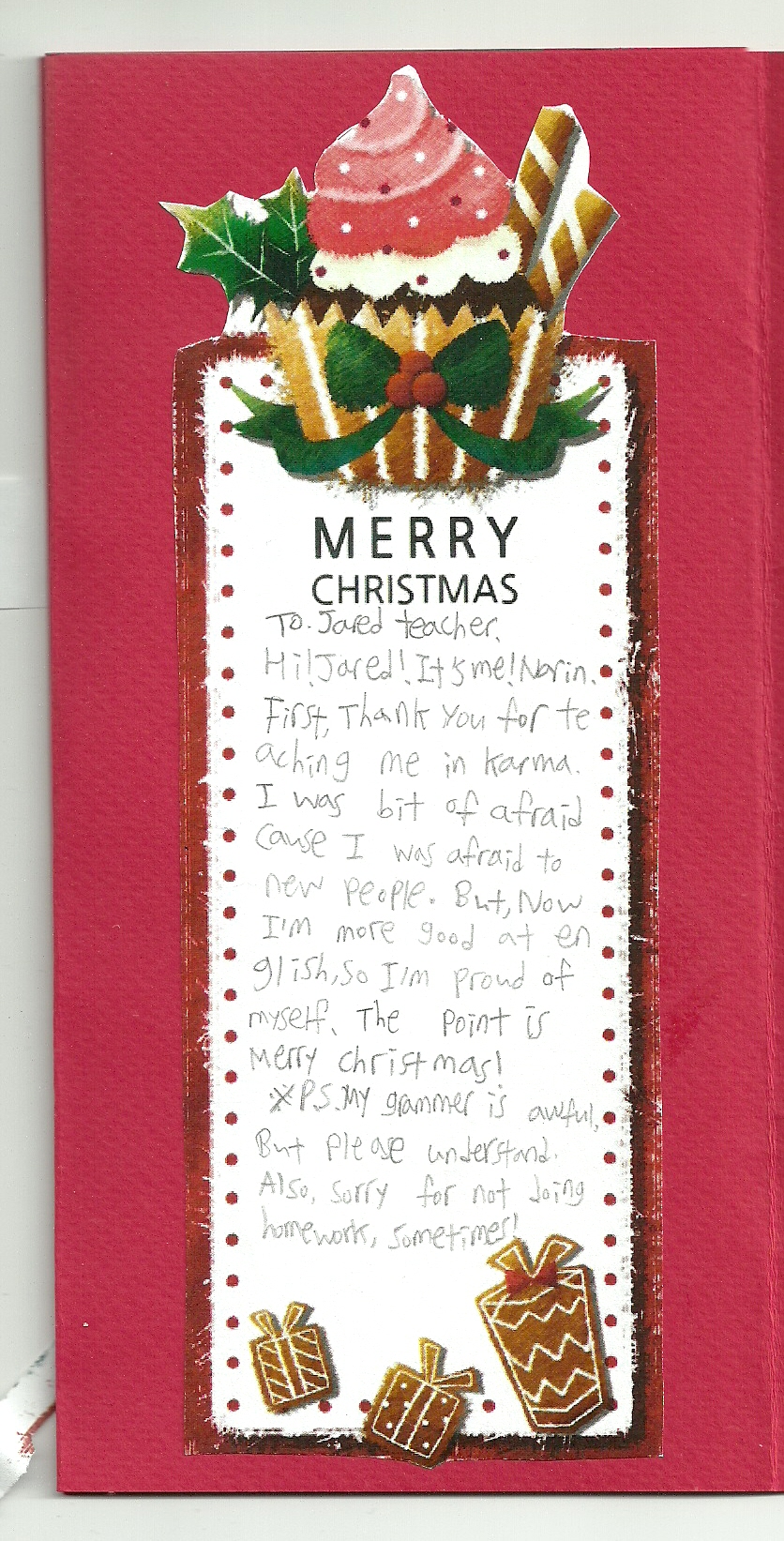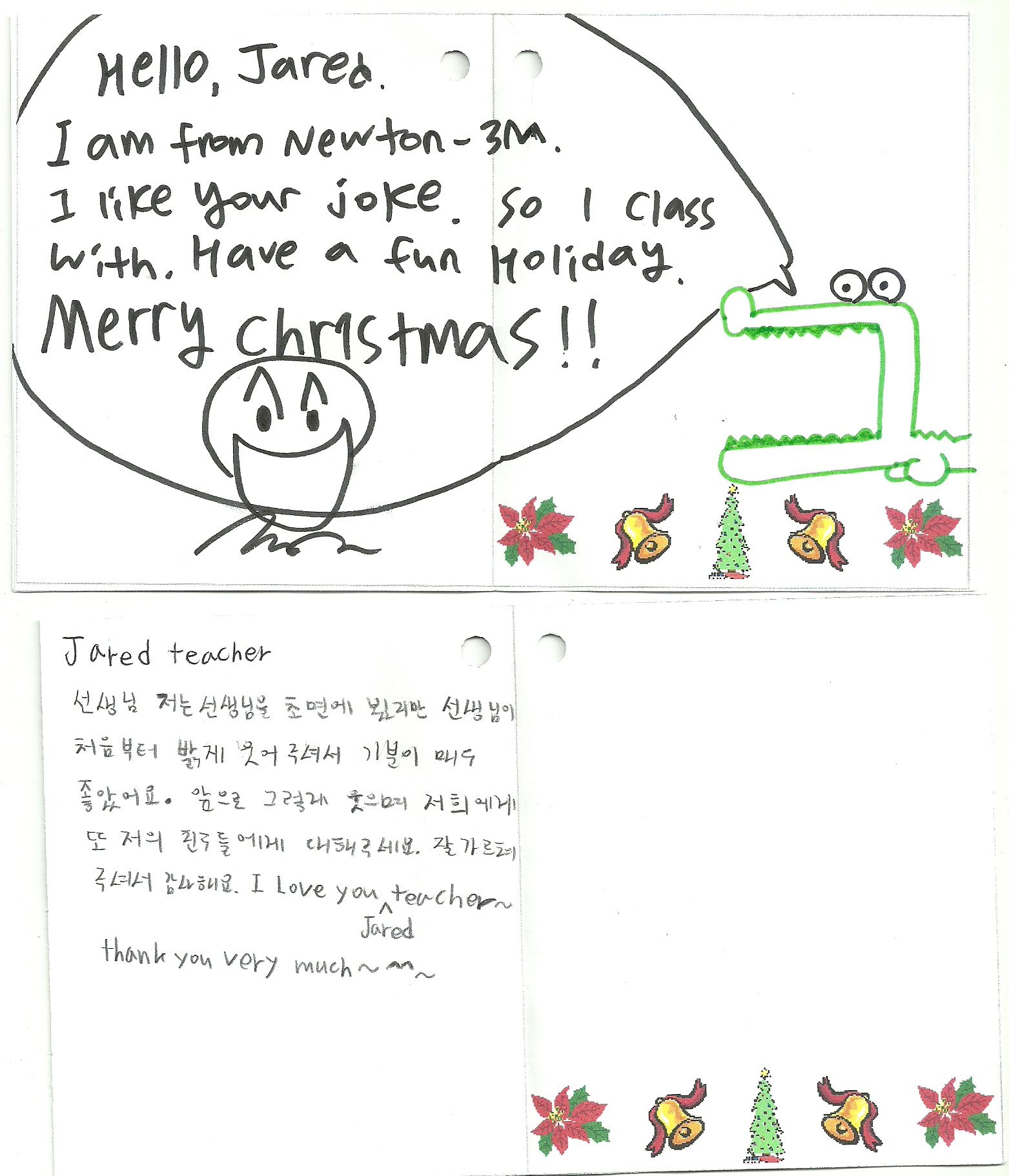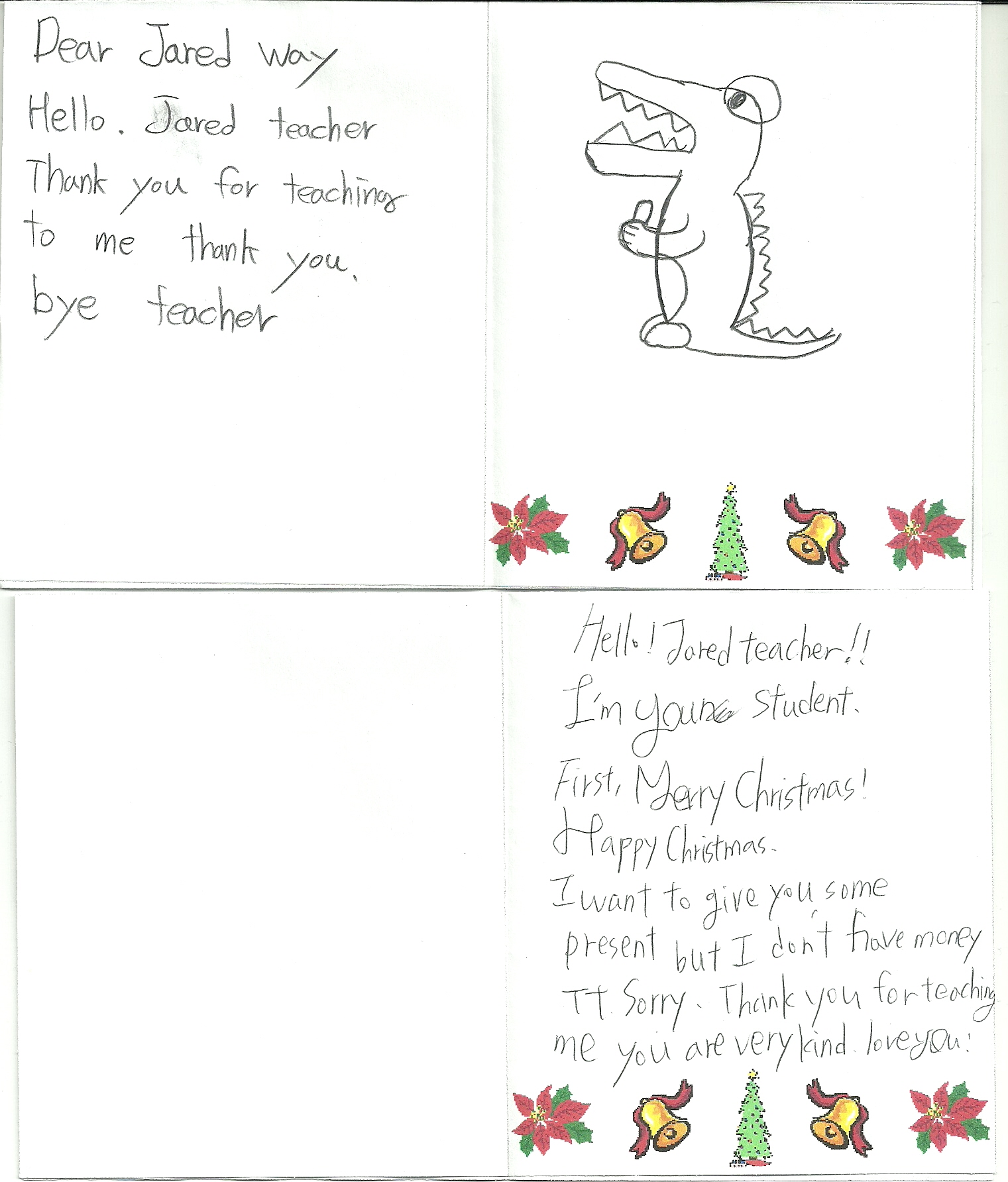I went to see the dental surgery specialist this morning, per the Cancer Hospital's referral. The outcome of this consultation left me feeling a bit frustrated, but anyway I have a better understanding of the issues.
The current underlying issue is really a simple dental problem. I have a cavity in a lower right molar, which probably had already started when I had my surgery 2 years ago. It was essentially benign until recently, meaning it was causing me no discomfort and I really didn't feel anything amiss. But a cavity, in the wake of radiation treatment, is not a simple cavity – the tooth is dead, because of the radiation. So the cavity gets to flourish unimpeded – it owns the tooth.
Now that the cavity is causing me pain and has grown, the molar needs to be extracted. Without the cancer-related issues, this, too, would be straightforward – contemporary dentistry is quite good at this kind of thing, and does it without complication all the time. However, because of the radiation necrosis – not just in the tooth but in my lower jaw – suddenly a simple dental extraction is a big deal. The reason is that, under normal circumstances, after an extraction the flesh and bone have a high capacity to heal and repair the damage. However, with the necrosis, there is a substantial risk that the damage done by the extraction will simply never heal. I will be left with a permanent gaping wound in my mouth, which either has to be managed or has to be artificially repaired somehow with additional surgeries.
So what the dentists are afraid of are the complications after the extraction. The simple extraction becomes a medical issue that requires ongoing monitoring and management.
Basically, the dental surgeon said to me, politely, that he didn't want to do this extraction, because of these complication risks. Hence my feeling of frustration. He said that it was likely something that should be done, perhaps as inpatient, at the cancer center. The cancer center had referred me to the dental surgeon because they wanted avoid that, but this surgeon's answer is, it can't be avoided.
I will return to the Cancer Center on Monday.
The dental consultation was actually a bit painful, too. To take the various xrays and poke at the various parts, they needed me to do various things with my tongue – think about how often your dentist tells you to "move your tongue up," "move your tongue down," etc. But my tongue is not a normal tongue – I don't have full control over it – it's partly disabled. So the dentist and her assistant, after I'd made some frustrating attempts, was compelled to reach in and pull my tongue here, push my tongue there. It hurt.
This is why I had been dreading to see the dentist, and avoiding it. And now I suffer consequences… the karma of unright action.
This morning, going to see the dentist, I had to take the subway to Hwajeong, a neighborhood in the "other part" of Goyang City, closer to Seoul. Goyang geographically is divided into two halves – a newer, Western half (called Ilsan) and the older, Eastern half. Between, there is still open farmland, preserved, I guess, by zoning laws mandating a kind of greenbelt around Seoul (which is to say, Ilsan is outside the belt, while old Goyang is inside it). The subway goes across the greenbelt above grade rather than underground, so it's quite nice sometimes to flash through the rural district on the short trip from one side of the city to the other.
This morning, looking out the windows of the train, the fields were covered by the light dusting of snow we'd received, unforecast, yesterday, and everything glittered white and clean. A Siberian cold had settled over the landscape, and wisps of steam rose from the rampart of apartment blocks on the horizon. This type of weather, combined with the rural vista, inevitably conjures visceral memories of my year in Korea while in the US Army – I spent a lot of time in bitterly cold rural Korean landscapes while in the Army.
I don't really feel nostalgic. I just end up feeling sad – about lost opportunities, about unrecoverable mistakes, about my own moribundity.
[daily log: walking, 8km]

